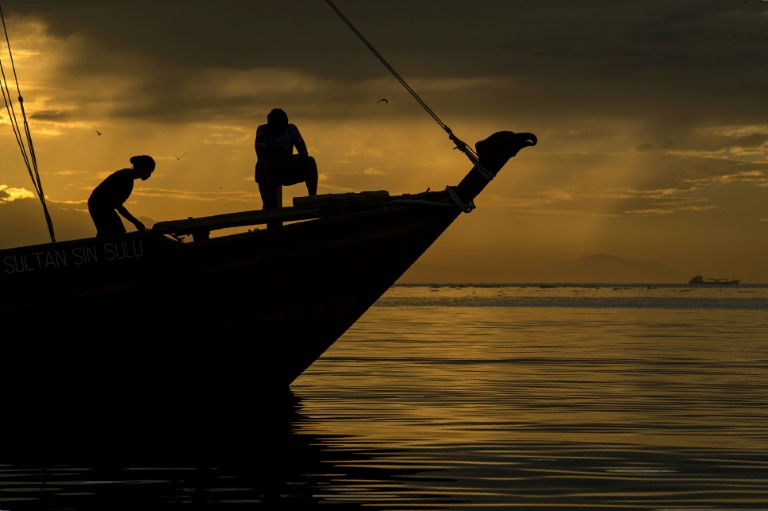
The IMO is a specialized agency of the United Nations, with global standard-setting authority for the safety, security and environmental performance of international shipping/FILE
NAIROBI, Kenya, Dec 2 – Kenya has been elected to the Council of the International Maritime Organization under category C, which is reserved for 20 member states which have special interests in maritime transport or navigation.
Other African Countries elected are Egypt, Morocco, South Africa and Liberia.
The Kenyan delegation was led by Nancy Karigithu, Principal Secretary for Maritime & Shipping Affairs and Amb. Lazarus Amayo, Kenya’s High Commissioner to the United Kingdom and Permanent Representative to IMO.
The IMO is a specialized agency of the United Nations, with global standard-setting authority for the safety, security and environmental performance of international shipping. Its main role is to create a regulatory framework for the shipping industry that is fair and effective, universally adopted and universally implemented.
International shipping transports more than 80 per cent of global trade to peoples and communities all over the world. Shipping is the most efficient and cost-effective method of international transportation for most goods; it provides a dependable, low-cost means of transporting goods globally, facilitating commerce and helping to create prosperity among nations and peoples.
The world relies on a safe, secure and efficient international shipping industry and this is provided by the regulatory framework developed and maintained by IMO.
Kenya’s has been a member of the Council IMO since 2011 and has been a member of the Organization since 1973. The Port of Mombasa serves a number of countries in a region that hosts a combined population of over three hundred (300) million people.
Over 90 per cent of Kenya’s foreign trade is dependent on maritime transport and therefore cargo handling, marine services and other maritime related services touch the very heart of the country’s national economy. Based on Kenya National Bureau of Statistics Economic Survey 2015, Kenya imported goods worth Sh1.57 Trillion.
Enabling Kenya’s participation in and benefit from the regional and global maritime transport value chain can yield thousands of jobs in the medium term, make imports cheaper and exports more competitive, as well as establish the Kenyan coastline as a major logistics and transportation hub on the eastern seaboard.
Currently all maritime transportation is in the hands of foreign companies and this comprises the biggest exposure and weak link to the national economy.
The Blue Economy (BE) has recently become the 8th sector under the Economic Pillar of Vision 2030, and is now part of the soon to be launched Medium-Term Plan III, 2018-2022.
Kenya hosts the office of the IMO Regional Coordinator for Eastern and Southern Africa sub-region as well as four regional organisations important to the maritime states in the region.
In 2016, Kenya was elected to host the Regional Maritime Technology Cooperation Centre (MTCC) for the African Region, which will enhance the capacity for the Africa region in the promotion of ship energy efficiency technologies and operations, as well as the reduction of harmful emissions from shipping in Africa, thus mitigating the harmful effects of climate change.
The Government of Kenya has maintained a forefront position in the suppression and prevention of acts of piracy and armed robbery against ships and has played a major role in this regard.
The direct involvement of the Kenya Defence Forces (under AMISOM) since October 2011 has been significant since there has not been a single successful incident of piracy within waters off the Coast of Somalia / Indian Ocean.
Kenya is a major proponent of the Djibouti Code of Conduct (DCoC), the regional IMO supported initiative for the Repression of Piracy and Armed Robbery against Ships in the Western Indian Ocean and the Gulf of Aden. Kenya also hosts the Regional Maritime Rescue Co-ordination Centre (RMRCC) in Mombasa, covering on behalf of the international maritime community, the maritime search and rescue region of Somalia, Kenya, United Republic of Tanzania and the Seychelles.
The RMRCC serves as a point of contact for ships to seek advice or assistance when sailing in waters of the coast of Somalia and also report security concerns about other ships movements or communications in the area, all of which has proved invaluable in monitoring of piracy and armed robberies in waters of the Coast of Somalia.
The Mombasa RMRCC is ready and poised to play an expanded role in achieving the new mandate of the Jeddah Amendments Code that now includes information sharing on other maritime crimes.









































